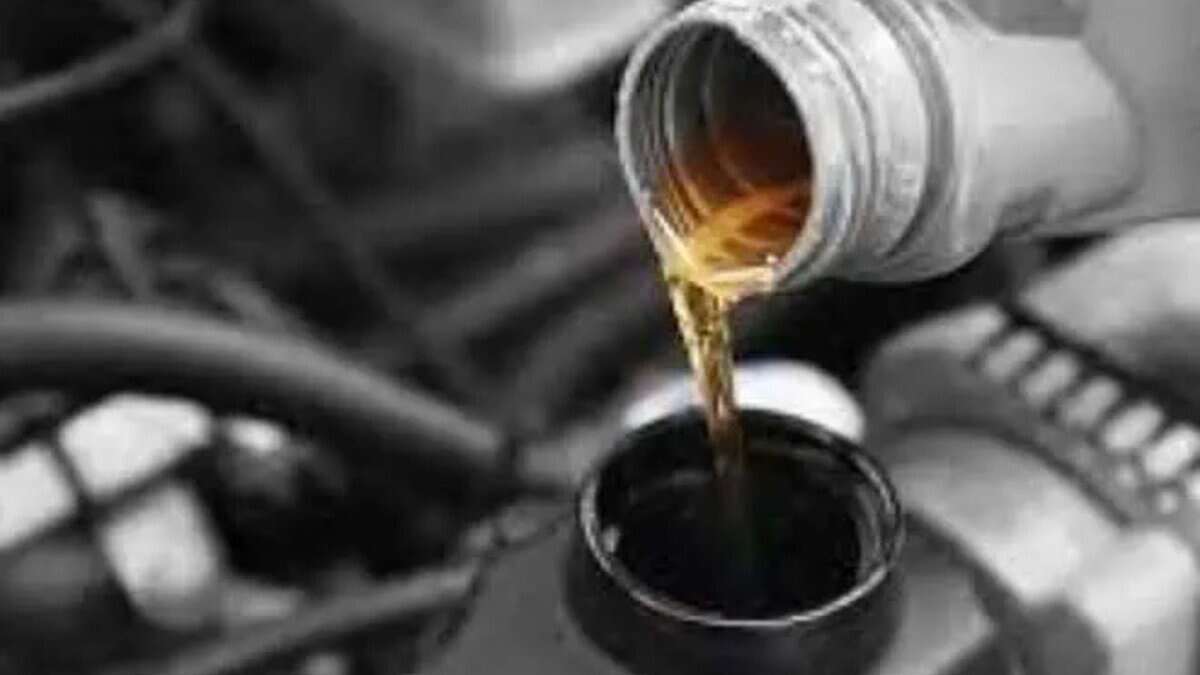
Karachi: The Israel-Iran conflict has led to a fuel crisis in Pakistan’s Balochistan province, which shares borders with Iran and Afghanistan.
Since Sunday, a large number of petrol stations, heavily dependent on petrol and diesel smuggled from Iran, started closing across Balochistan, causing panic among people.
Hundreds of vehicle owners who lined up at petrol stations returned home disappointed as these stations, which sell smuggled Iranian fuel products, started closing.
Later, as per notifications issued by deputy commissioners across Balochistan, all pedestrian and trade movement, including fuel delivery, has been suspended indefinitely as a “precautionary security measure”.
The notification also said that the border crossings with Iran in Panjgur and Gwadar districts had been sealed for security reasons.
The Gabd-Kalato 250 border point in Gwadar, a key route for local trade and oil transport from Iran, was also closed until further notice, a Levies official confirmed.
The developments came as the federal government increased the prices of both petrol and diesel, with their rates climbing by Rs 4.80 and Rs 7.95 per litre, respectively.
Iranian fuel, which is cheaper than the fuel processed and sold by Pakistani companies, is the main source of supply for Balochistan despite a ban on its sale in many areas that goes unheeded at many petrol stations.
The Levies source said that due to the escalating Israel-Iran conflict, the supply of fuel from Iran had been affected as this was brought into Pakistan from border towns.
The border districts of Balochistan with Iran, including Turbat, Gwadar, Panjgur, Chagai, Washuk, and Mashkail are worst-affected, as they were not only facing suspension of Iranian oil supply, but also a food shortage, as most edible supplies come from Iran.
Around 60 to 70 per cent of petrol stations have been closed due to the suspension of the supply of Iranian smuggled oil through Makran, Rakhshan and Chagai areas.
A spokesperson for the Balochistan government, however, played down the situation, claiming that there was no fuel shortage in the province, as most petrol stations were open in the provincial capital.
In a statement, Shahid Rind refuted the impression that the province was facing a fuel shortage.
He said that petrol stations selling Iranian oil are a safety hazard, which is why the government initiated action against them earlier this month.
He claimed that people minting money by selling Iranian petrol and diesel had started spreading rumours to create panic.
“These so-called shortages are being exaggerated by those who want to lift the ban on smuggled Iranian fuel,” he said.




